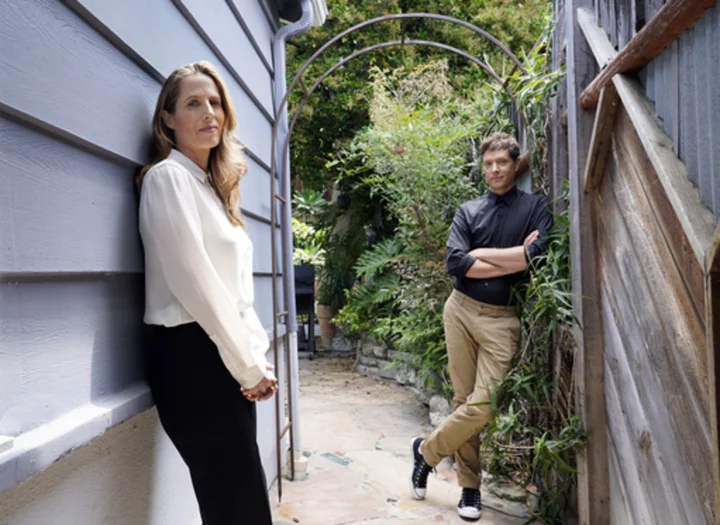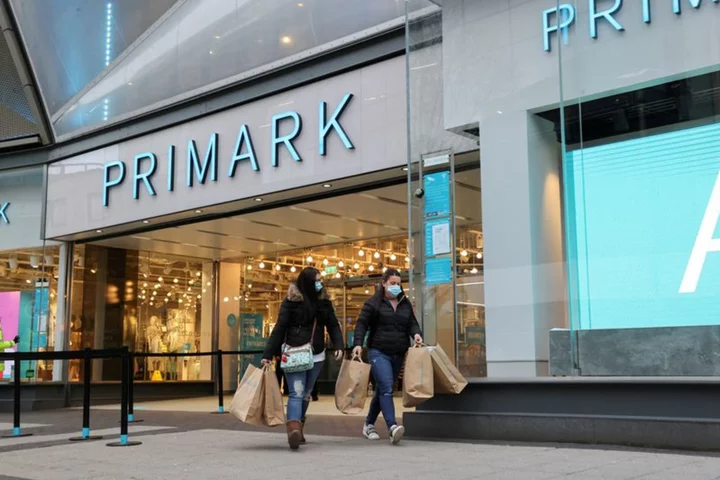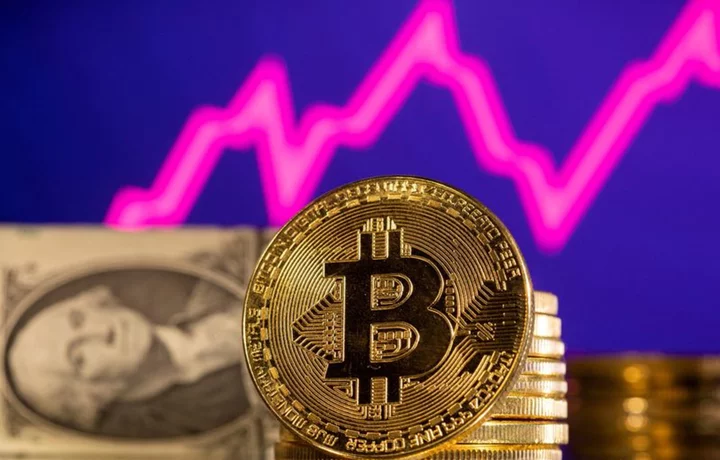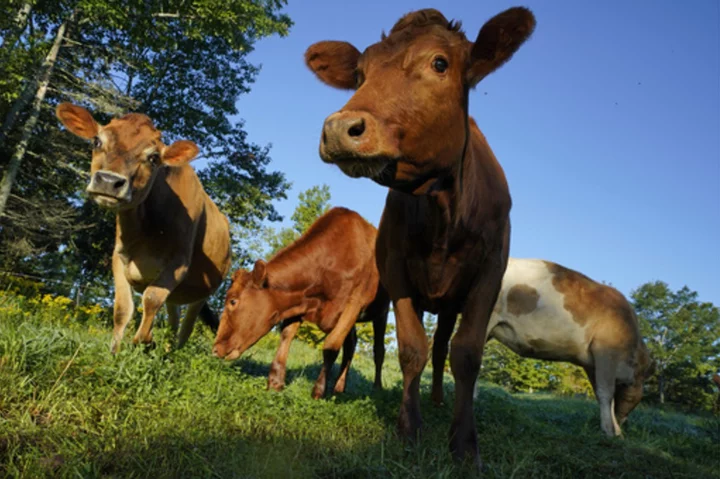Economic bubbles come in all shapes, sizes and levels of insanity, but the Beanie Baby craze was easily one of the most absurd.
The cuddly $5 toys, under-stuffed for maximum hug-ability, stamped with cute names on their Ty, Inc. tags, and given limited edition runs ignited a surreal frenzy in America in the mid-1990s as regular people collected, traded and sold the toys with the hopes that their value would just keep going up at the dawn of the e-commerce age. It made some people money, and the founder, Ty Warner, a billionaire in three years.
When it burst, it also left many in the red. But unlike most bubbles, this one ended with piles of under-stuffed animals in the attic.
Personal feelings about or even knowledge about the Beanie Baby moment have everything to do with your age between the years of 1996 and 2000. For screenwriter Kristin Gore and OK Go musician Damian Kulash, Jr., around college age at the time, it couldn’t have been less exciting.
“We were perfectly situated to not care,” Kulash said. “We were too old to be the target demo and too young to be in the investing class, but also snotty and contrarian enough to be like, this is crazy. It was exactly the kind of thing we were rolling out eyes at at the time.”
But a few years ago Gore was given the book “The Great Beanie Baby Bubble: Mass Delusion and the Dark Side of Cute,” by Zac Bissonnette, as a possible adaptation. In it, she found a riveting story of dreams, greed and corruption in the stories of three women around Ty Warner— one of his earliest business partners, a girlfriend whose two daughters help inspire some of the toys, and a young college student in a minimum wage position who literally put the company online. Not only did she want to write the screenplay, she wanted to direct it with Kulash as their debut.
“The only drawback was that it appeared to be from the outside about a product,” said Kulash, who is also married to and shares children with Gore, the daughter of former U.S. Vice President Al Gore.
But within this wild, contained story, they both saw big, relevant themes about the culture, cycles of inequality and the female relationship to the American dream. In other words, “The Beanie Bubble” is not a story about a toy.
To play Ty Warner, the enigmatic founder of the company, they went to someone they knew: Zach Galifianakis.
“Everyone understands that he’s a comedic genius, but we also knew that he has this capacity for pathos that’s incredibly interesting and this real range that he doesn’t get to display that often,” Gore said. “This role necessitated someone who you fell for and also, even when you were horrified by them, you still sort of understand that it comes from a broken place.”
Galifianakis was less confident, though. Kulash said he even tried to talk them out of casting him, claiming that he’s “not really an actor.” His filmmakers respectfully disagreed.
To ensure the film didn’t feel like a Wikipedia page about Beanie Babies, Gore took some inspiration from “Casino,” with three voiceovers and three timelines telling the stories of the women: The executive, Robbie, played by Elizabeth Banks, the single mother, Sheila, played by Sarah Snook, and the temp, Maya, played by Geraldine Viswanathan.
“All of these women see an opportunity and we want you to take that opportunity with them and want that with them. And all of these women get sort of betrayed or spat out by that situation,” Kulash said. “We want you to feel that with them.”
The big challenge was how to make sure that the viewer is on the emotional rollercoaster with the characters at the same moment. Kulash drew on his methods for the OK Go videos, taking the basic facts and stories from the book, putting them on a spreadsheet, and moving them around to create what they lovingly call “a weird structure.”
“It was a lot of fun and very much like the videos to try to choreograph surprises and a sense of wonder as you move through that, like to make it something of a puzzle for the viewer to solve,” he added. “You’re untangling it as you go.”
Gore drew on some of her own experiences as a young woman finding her way in a career and tossed some lines from her real life into the film, including one chilling dismissal where Maya asks Ty for a raise. He’s a billionaire who has profited from her innovation and ideas in e-commerce and embracing scarcity and the secondary EBay market and she’s still getting minimum wage. Ty denies her the raise and promotion yet tells her she's his “secret weapon.”
“I’m not at all unique. The whole point of it was not to be my own emotional catharsis, but to try to represent what so many people go through,” said Gore. “A lot of people, men and women, have responded to that line and those themes in the movie. We’re trying to shed a light on how pervasive that is and how cyclical it is and how (messed) up it is. And hopefully we can reframe it all.”
They both feel like they’ve been in their own bubble making this movie, which opens in theaters Friday and will be available on Apple TV+ on July 28. Both find it funny that there's been a slew of “product origin” movies lately, like “Flamin' Hot,” “Tetris" and “BlackBerry," but hope that they've made something different and fresh.
“It’s surreal to have it be something that everyone will be able to see. We’re excited and freaked out,” Gore said. “Our whole mission in making anything was to try to spread some kind of joy and get at some kind of meaning. We hope that we’ve done that. That certainly was our North Star.”









